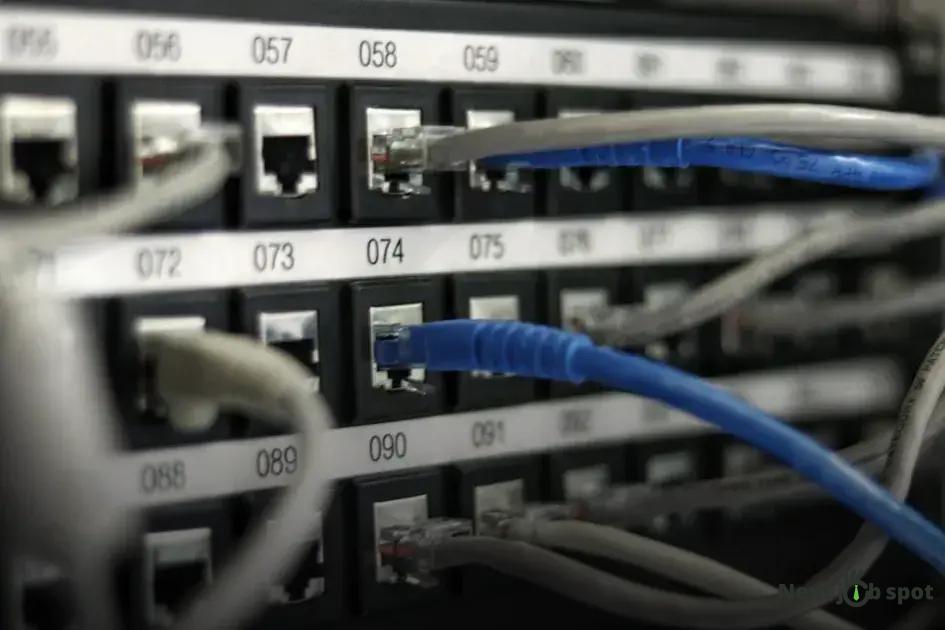The Growing Demand for Green Jobs and Sustainability Experts is transforming industries as more companies seek eco-friendly solutions. This shift not only addresses climate change but also boosts economic growth and innovation. From renewable energy to sustainable agriculture, green jobs offer diverse opportunities that appeal to environmentally conscious individuals. As industries evolve, the demand for skilled sustainability experts continues to rise, making it a thriving field for future careers. Explore this trend further to understand the potential benefits and opportunities in pursuing a sustainable career.
Exploring the Rise of Green Jobs
The dramatic shift towards green jobs is evident in today’s economy as industries strive to reduce their environmental impact. This shift is fueled by increasing public awareness regarding climate change and the imperative need for sustainability. Companies across various sectors are developing innovative strategies to become more environmentally friendly, which has led to a surge in demand for skills associated with sustainability.
Green jobs span a wide array of industries, including renewable energy, waste management, and sustainable agriculture. They are not limited to traditional environmental roles but encompass positions like project managers, consultants, and engineers. Skills in these areas often include expertise in energy efficiency, knowledge of sustainable materials, and proficiency in regulatory compliance and environmental assessments.
As economies transition toward more eco-friendly practices, there is a growing recognition of the importance of sustainability experts. Their role in developing strategies that balance economic growth with ecological preservation is crucial. Furthermore, educational programs are evolving, providing students and professionals with the necessary skills and knowledge to thrive in these roles.
With governments and organizations investing in green technologies, the potential for job creation is vast. This rise in green jobs marks a pivotal moment, aligning workforce capabilities with the urgent need for sustainable development worldwide.
The Role of Sustainability Experts

Sustainability experts play a crucial role in bridging the gap between environmental awareness and actionable solutions to combat climate change. These professionals possess a diverse set of skills, including environmental science, policy-making, and corporate sustainability strategies.
Key Responsibilities
They are tasked with developing and implementing sustainable practices within organizations. This can include designing waste reduction programs, optimizing energy efficiency, and ensuring compliance with environmental regulations.
Driving Change
By advocating for green policies and influencing business practices, sustainability experts are at the forefront of promoting ecological responsibility. Their expertise helps companies not only reduce their carbon footprint but also improve their public image. This dual impact is vital for fostering a sustainable future. Collaboration Another important aspect of their role is collaboration: working alongside engineers, urban planners, and governmental bodies to integrate sustainable solutions seamlessly into various sectors. This multidisciplinary approach ensures that sustainability is at the core of modern development projects.
Education and Awareness
Education also forms a significant part of what sustainability experts do. By raising awareness and educating stakeholders about the importance of sustainability, they empower others to take meaningful steps toward environmental stewardship. This effort fuels the broader mission of creating an eco-conscious society. Innovative Solutions They are often at the cutting edge of innovative solutions, assessing environmental impact assessments, and introducing new technologies and methods to improve conservation efforts. Their role is dynamic and ever-evolving as they continuously adapt to new environmental challenges.
Benefits of a Sustainable Career
Opting for a sustainable career comes with numerous advantages for individuals passionate about protecting the planet. One of the greatest benefits lies in the sense of purpose and fulfillment derived from contributing to environmental conservation and the fight against climate change. Such careers often align with personal values, which can enhance job satisfaction and motivation.
Additionally, sustainable careers are increasingly in demand, offering job security that is less susceptible to market fluctuations compared to traditional industries. The evolving green economy provides ample opportunities for career advancement as industries adapt to eco-friendly practices. Professionals in this field can expect diverse roles, from renewable energy project managers to sustainable supply chain analysts, catering to various skills and interests.
The educational landscape is also evolving, with more institutions offering courses tailored to environmental sciences and sustainability. This means that acquiring the necessary credentials can be more accessible than ever. Furthermore, sustainable careers often involve innovative practices and technologies, providing the chance to work at the forefront of industry advancements.
An additional benefit is the global nature of sustainable careers. As environmental issues are a worldwide concern, there are opportunities to work internationally, experiencing new cultures while addressing universal challenges.
Overall, a career in sustainability not only contributes to a healthier planet but also supports long-term professional growth and personal satisfaction.
Future Trends in Eco-Friendly Employment

The landscape of green jobs is evolving swiftly, reflecting global changes in environmental priorities. One significant trend is the integration of renewable energy technologies across various sectors. Wind and solar energy industries are expanding, requiring a diverse workforce skilled in sustainable practices. This shift is creating opportunities for roles that did not exist a decade ago.
Another pivotal trend is the rise of circular economy specialists. These professionals work to minimize waste by optimizing product life cycles through reuse, refurbishment, and recycling. This approach is not just environmentally beneficial but also economically viable, offering new career paths in an innovative market.
Additionally, the trend towards urban greening and sustainable city planning is accelerating. Urban planners, architects, and construction managers are increasingly incorporating green roofs, parks, and efficient waste management systems into city designs. This movement towards eco-friendly urban environments is opening new avenues for employment in sectors traditionally less associated with green jobs.
Lastly, we are witnessing advancements in agrotechnology, where sustainable farming practices are being modernized. Hydroponics, vertical farming, and biopesticides are becoming mainstream, necessitating experts who can bridge traditional agriculture and modern ecological techniques.


